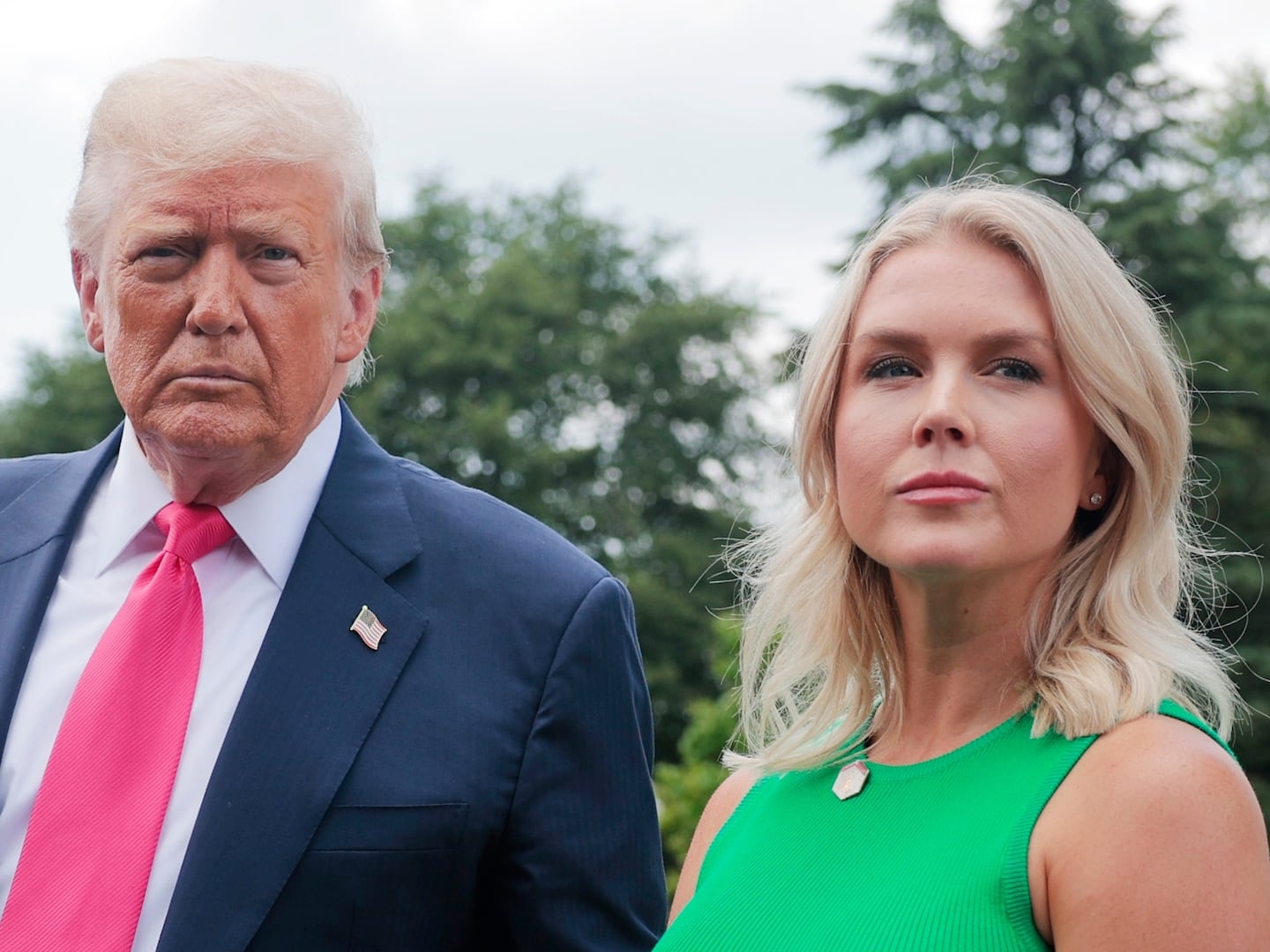Benzion Netanyahu was never shy about expressing his relentlessly hawkish views. A renowned historian and the father of Israeli Prime Minister Benjamin Netanyahu, Benzion told an Israeli newspaper in a long interview three years ago that Palestinians were “an imaginary nation.” He suggested Israel should “conquer and hold” all disputed territory even at the price of perpetual war. Even more provocatively, he said the “tendency toward conflict” was rooted in the soul of all Arabs.

The elder Netanyahu died today at the age of 102. Among his achievements, he served decades ago as the leader of Zionism’s right-wing “revisionist” faction in the United States and wrote a 1,408-page history of the Spanish inquisition that drew wide praise. He was also the father of Israeli military hero Jonathan Netanyahu, who died rescuing hostages in the daring 1976 raid on Entebbe.
But his legacy will likely focus on the dark notions he held about the world’s intrinsic hostility toward Jews and the extent to which those views have shaped the thinking of his politician son—and by extension the policies of Israel.
“From the Spanish Inquisition … to the Holocaust … to the threat of a nuclear Iran, [Benjamin] Netanyahu has been guided by his father's message, which could be summarized as, ‘The world is against us,’” wrote the liberal columnist Akiva Eldar in the Israeli newspaper Haaretz, which often criticizes Netanyahu’s policies.
Benzion Netanyahu developed his uncompromising streak at a young age. Born in Warsaw in 1910, he moved to Palestine when he was 10, studied medieval history at Jerusalem’s Hebrew University and became active in Zionist politics. He later followed his mentor, revisionist leader Ze’ev Jabotinsky, to the U.S. to rally support for a Jewish state in all of Palestine—and against the United Nations plan that eventually divided the land between Arabs and Jews. Jabotinsky, who had broken off from the mainstream Zionist movement, had envisioned a country on what is now not only Israel, the West Bank and Gaza but Jordan as well. He is considered the political forefather of the younger Netanyahu’s Likud party.
After completing a Ph.D. at Dropsie College in Philadelphia, Benzion Netanyahu shuttled between the U.S. and Israel, complaining that Israeli universities shunned him because of his right-wing views. He eventually landed a position at Cornell University in New York.
How strong was his impact on the thinking of the younger Netanyahu? When I wrote a profile of the Israeli leader for Newsweek almost two years ago, the Israeli novelist Eyal Megged, who had been a family friend of the Netanyahus, told me the influence was immeasurable. “You have to listen carefully to the father when you judge Bibi,” he said, referring to Netanyahu by his nickname. “Bibi is not a rebel. He can’t get himself free from this tie with his father. Benzion sits on his shoulder and he can’t move.”
When I asked Megged to describe a particular interaction he’d witnessed between the Netanyahus, he said: “They are both very cold-blooded people ... You don’t see warmth but you see the respect. You see that influence on him.” In response at the time, an official in Netanyahu’s office told me, “The idea that the prime minister is not his own independent political player doesn’t stand up to reality.”
But Bibi himself has made references over the years to the counsel he received from his father, including when he resigned from then–Prime Minister Ariel Sharon’s government in 2005 to protest Israel’s withdrawal from the Gaza Strip.
In the long interview three years ago, given to the Israeli daily Maariv, Benzion Netanyahu addressed the question as well, indicating his son had learned to disguise his more hawkish tendencies for political expediency. “Bibi might aim for the same goals as mine but he keeps to himself the ways to achieve them, because if he expressed them, he would expose his goals.”
Asked what the younger Netanyahu was like as a child, Benzion related a story that suggested the son could also stand up to his father.
“He and his brother had made a big noise next to where I was working. I came out to them and acted as if I was trying to catch them, though I never laid a hand on a kid.
“Bibi ran away, but when he saw I was getting close, he turned towards me and stood up like a tank, saying: ‘You wouldn’t dare.’ I was shocked. I looked at him with amazement and admiration.”






